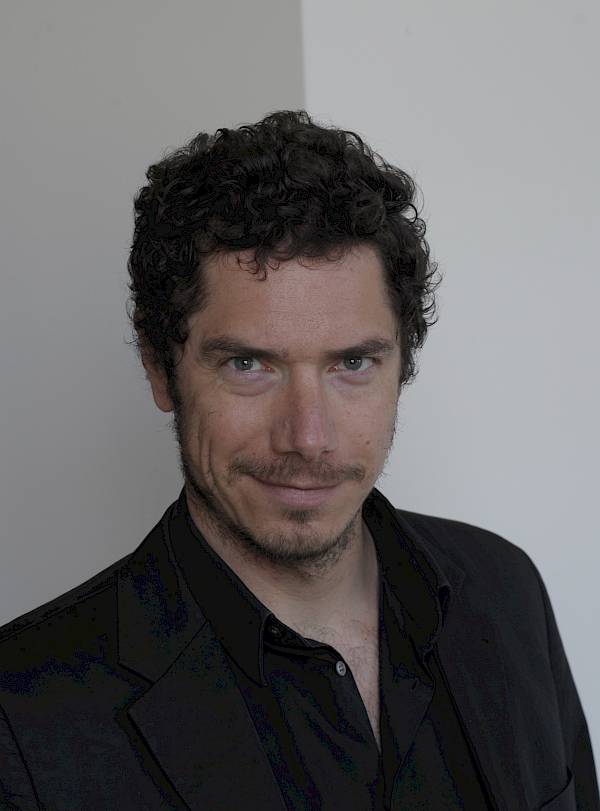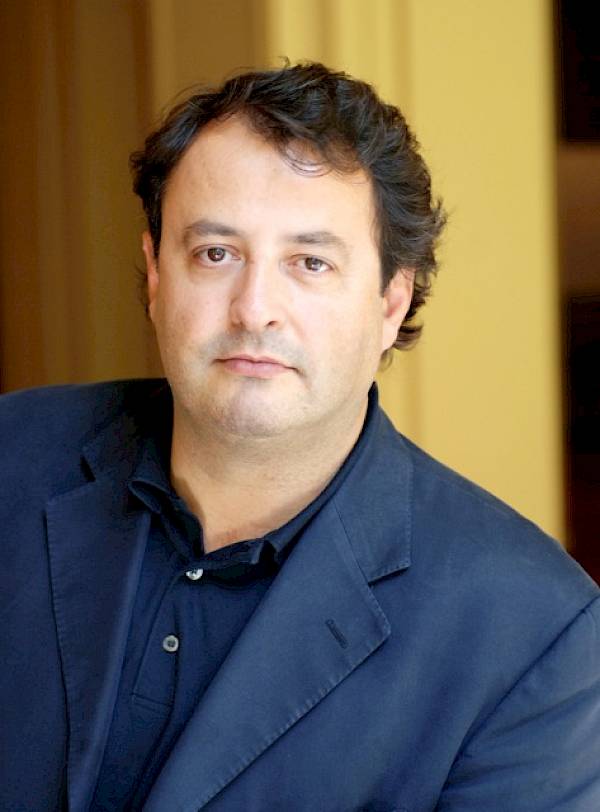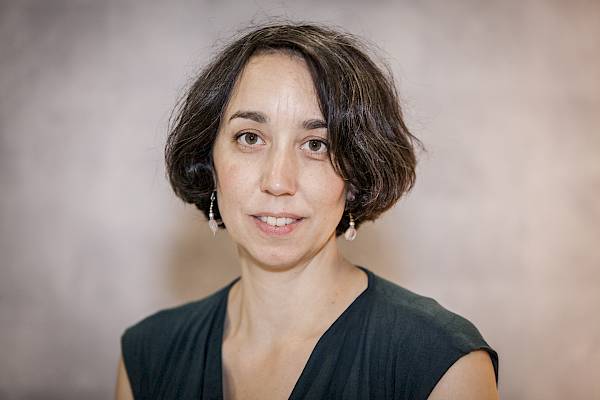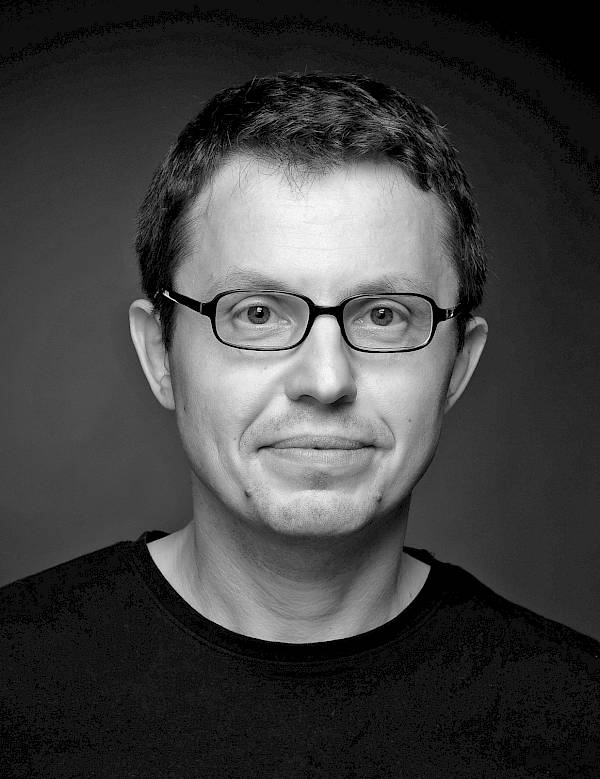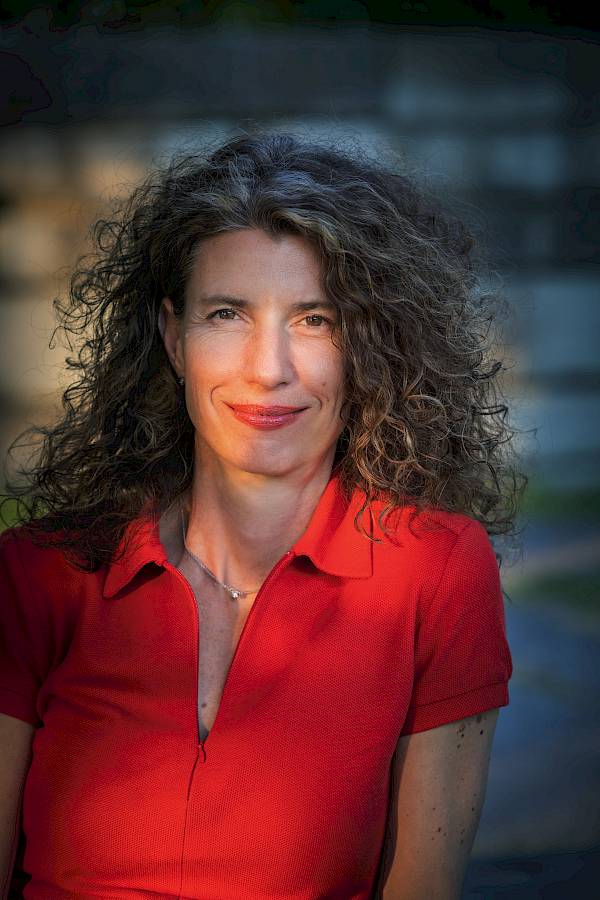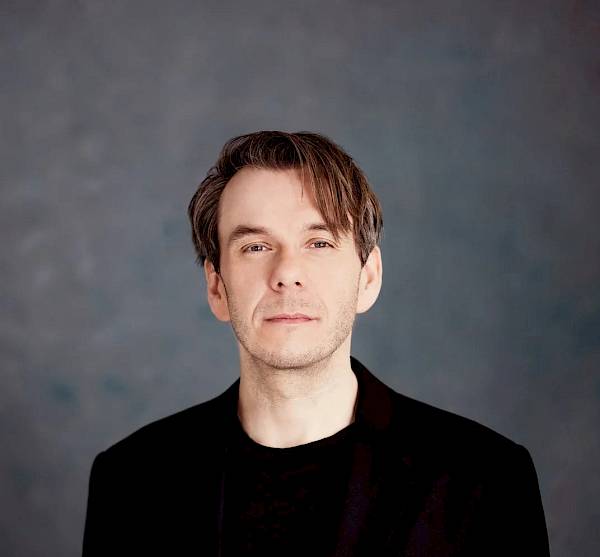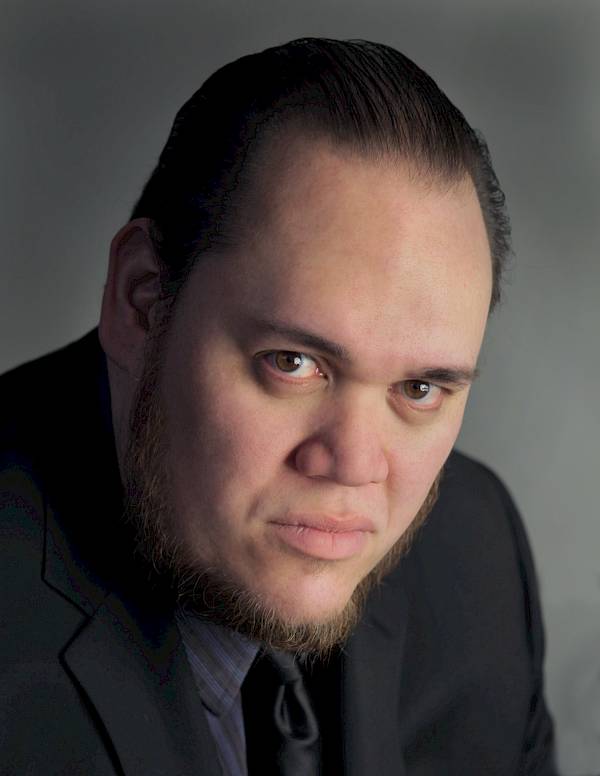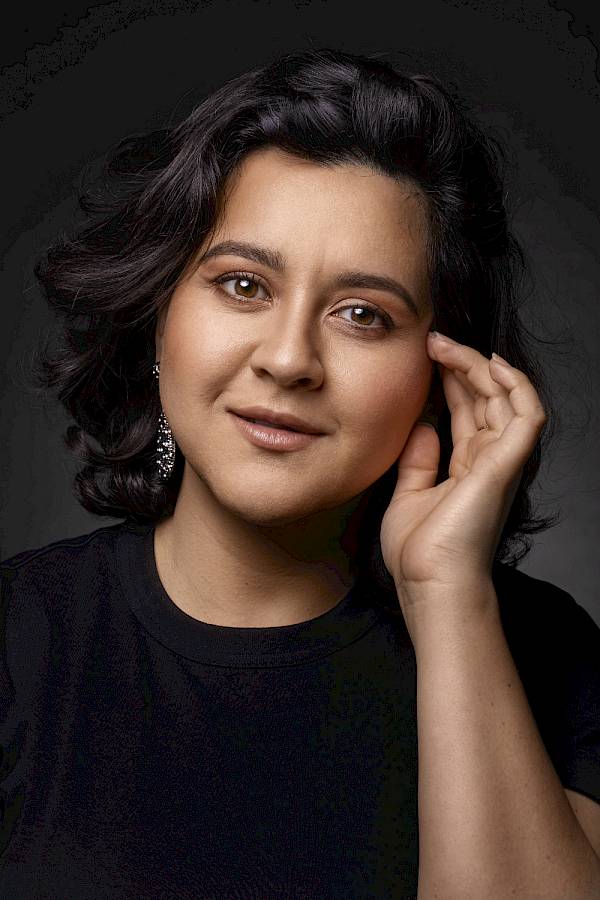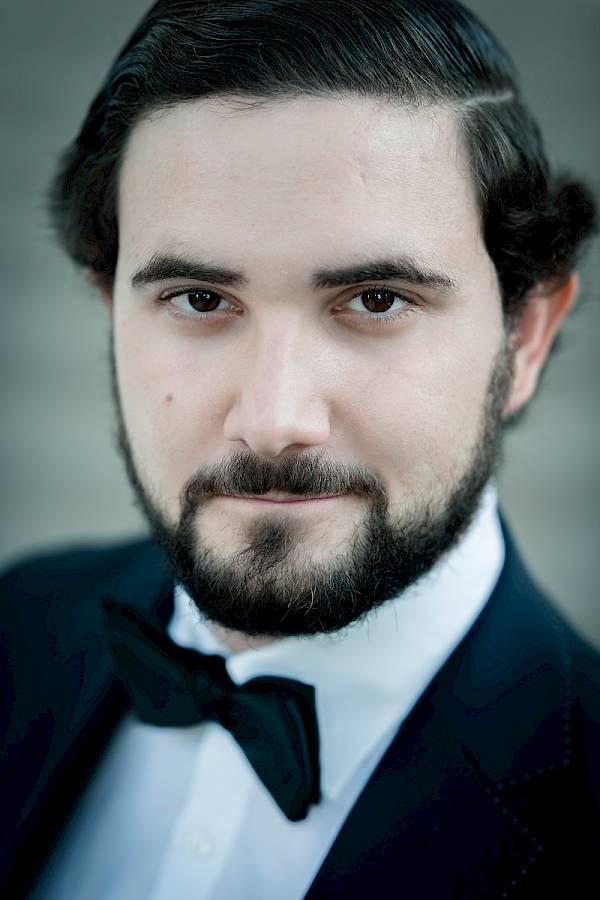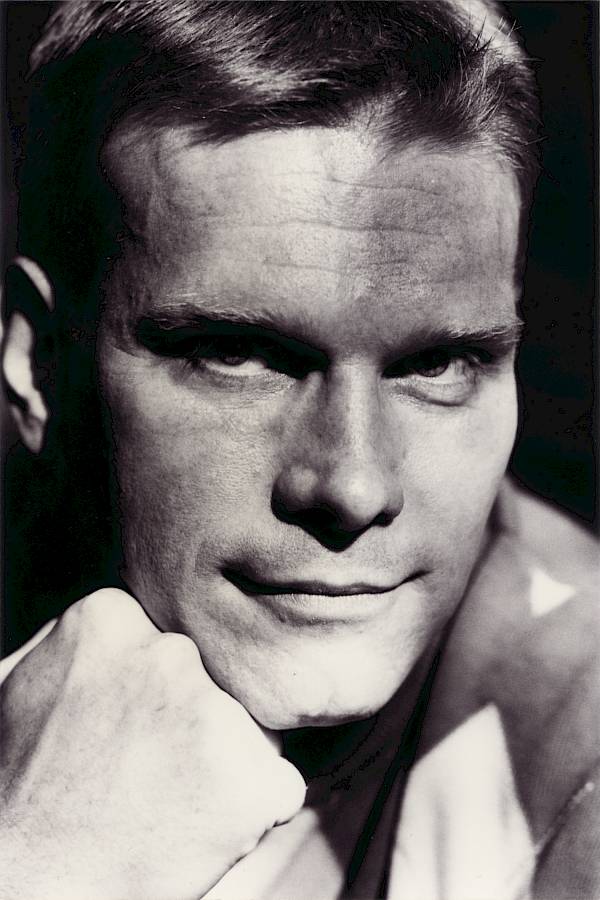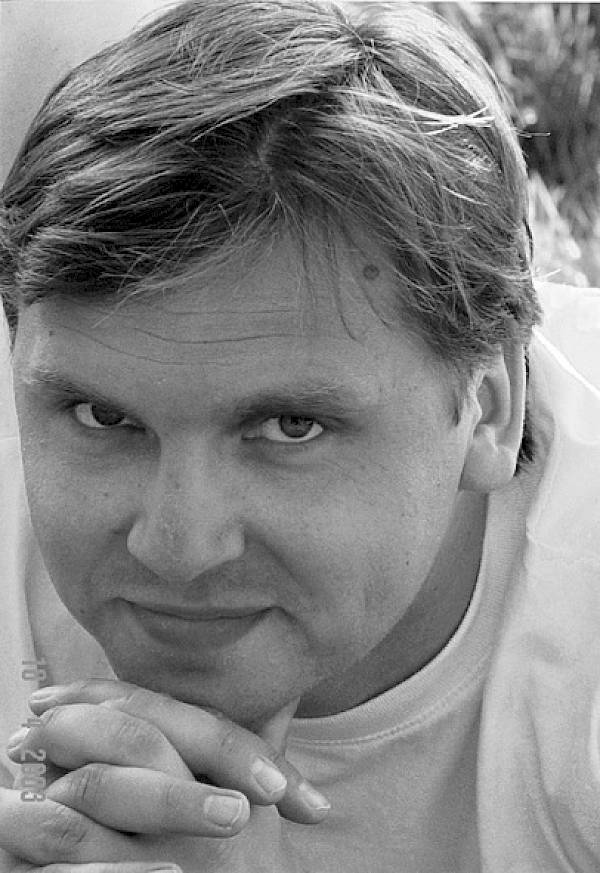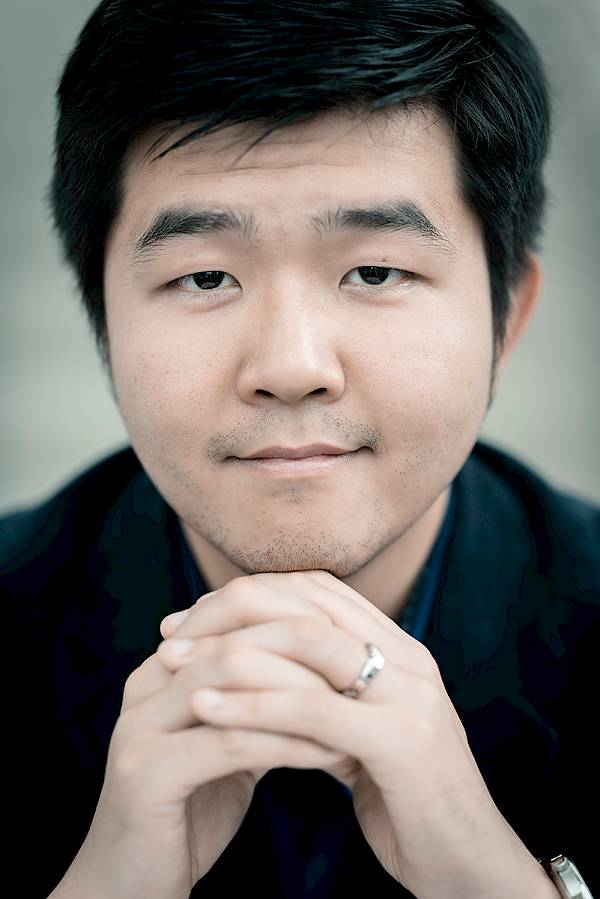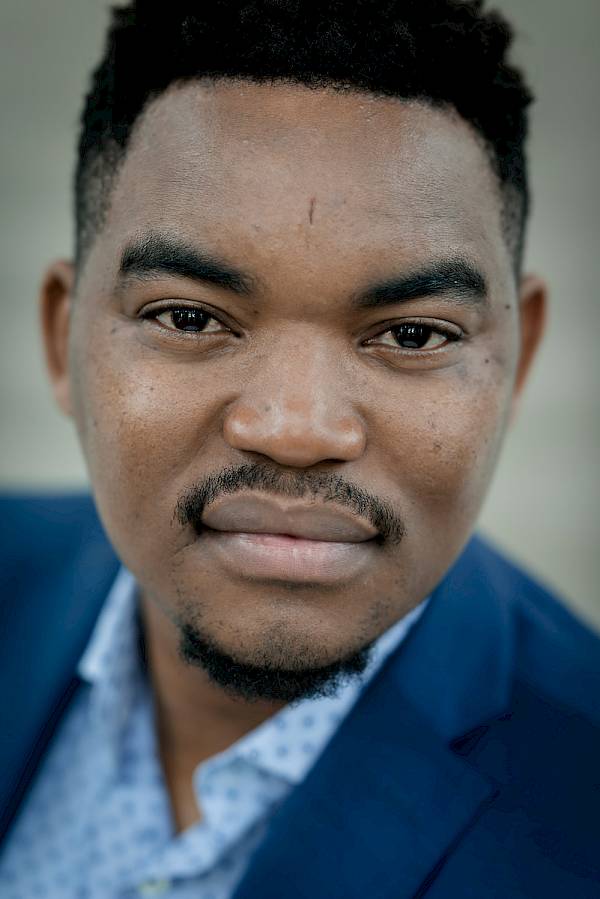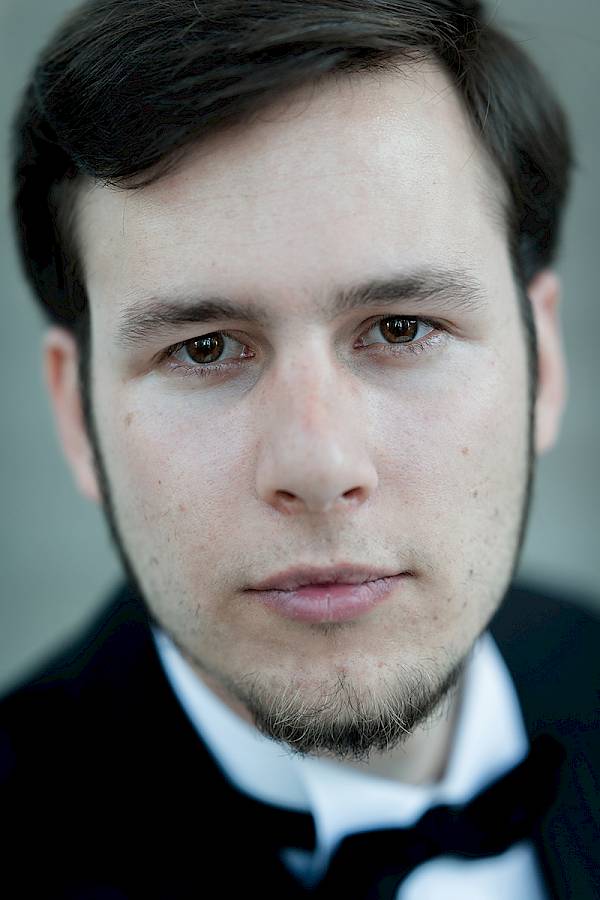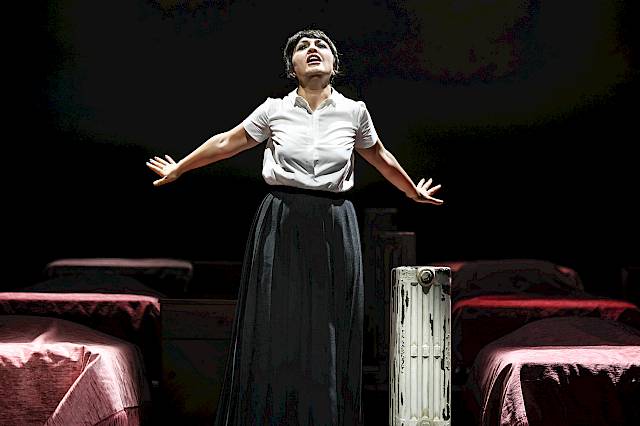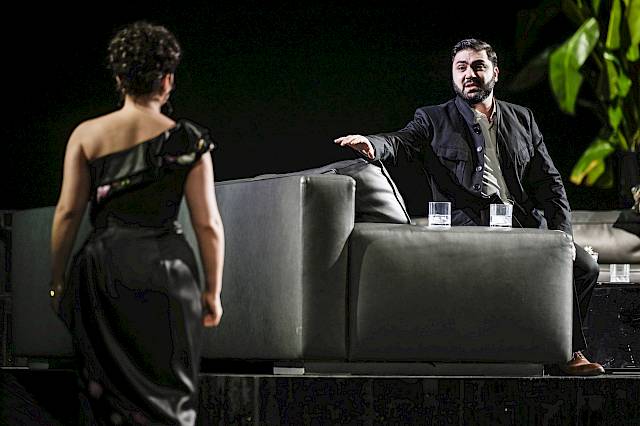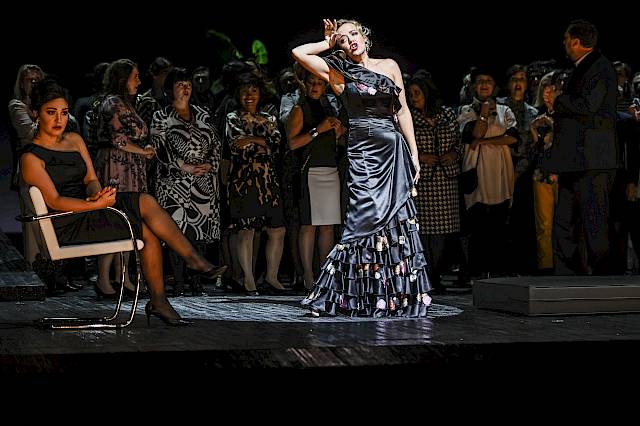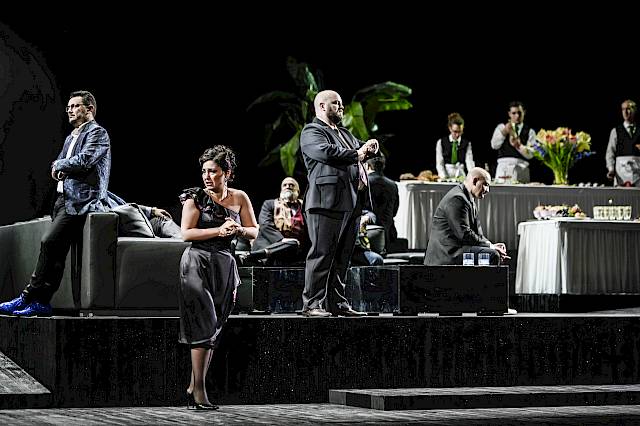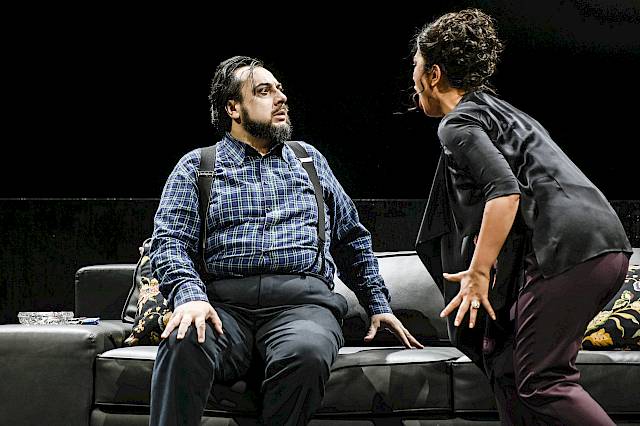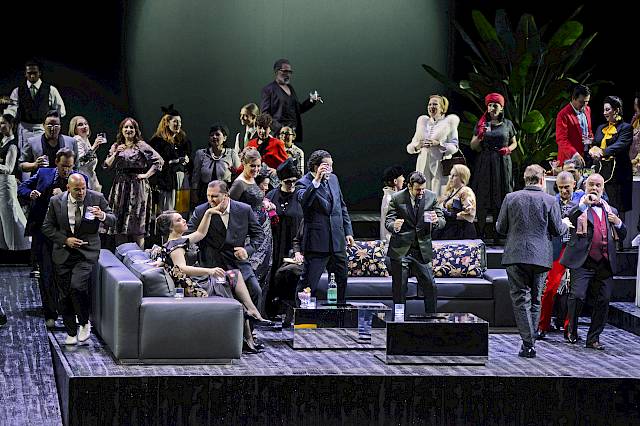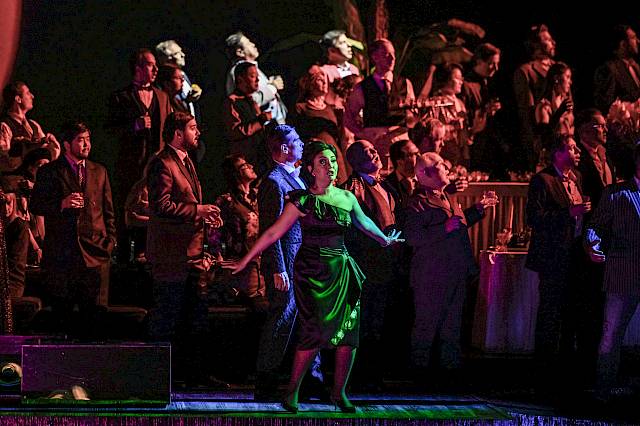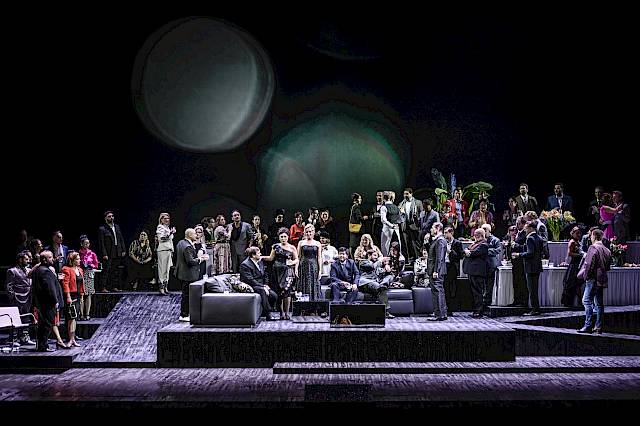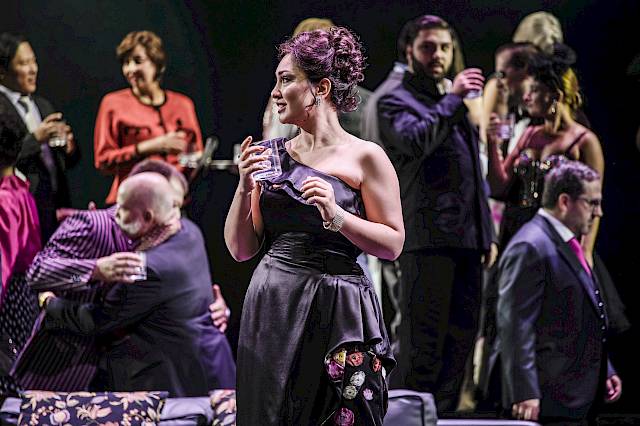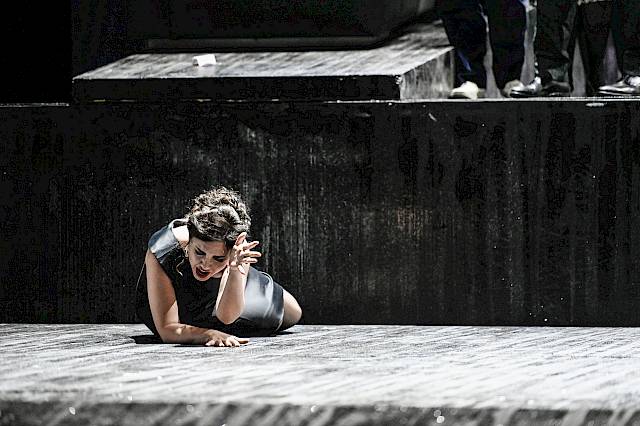Abstract
«Amore e morte» – love and death – was the originally intended title of Verdi’s La traviata. It is indeed these two poles between which Violetta’s tragic story unfolds: beautiful, clever and universally desired, but mortally ill, she lives as a courtesan for the thrill of the moment. She does not permit herself real emotions and believes that great love is a utopian ideal. Until, one day, she encounters Alfredo: with him she wants to start a new life, far away from hedonistic Parisian society. However, Violetta’s past catches up with her, and the love for which she yearns remains a dream, because she is doomed to failure within the value system of society. Only the transcendent power of Verdi’s music points to a better, more human life beyond the grave.
In his production, the German director David Hermann recounts the story of the demise of the courtesan as a portrait study of a modern-day high-class escort who is crushed by the mechanisms of today’s competitive, performance-oriented society. The cold, bleak stage consists of black leather seating and podiums that no longer allow the separation of public and private spheres. With his choice of subject matter, which was shockingly realistic and critical by the standards of his time, Giuseppe Verdi aimed to show a perspective that reflected the present. David Hermann’s production also adopts this approach by discussing today’s hedonistic pursuit of freedom and the obsession with self-optimisation that it entails.
General Music Director Fabio Luisi will be conducting this revival production. The soprano Ailyn Perez can be heard as Violetta, a role for which she is worldwide demand and has already sung at Zurich Opera House; the young French tenor Benjamin Bernheim will sing her lover Alfredo. Quinn Kelsey, who sang Alfredo’s father Giorgio Germont at the première of this production, will return to Zurich.




